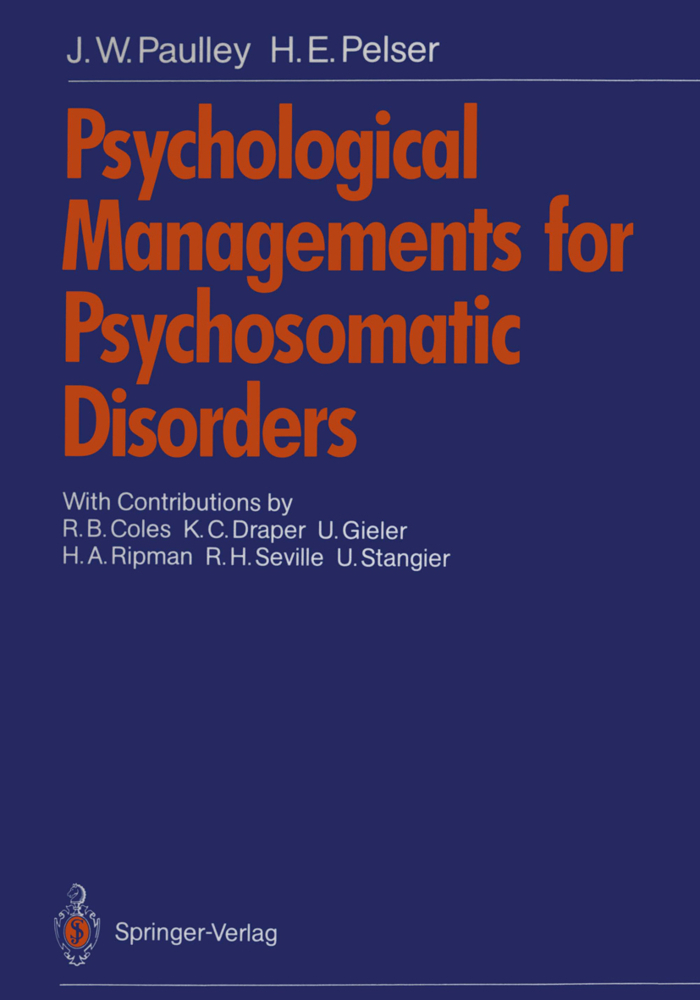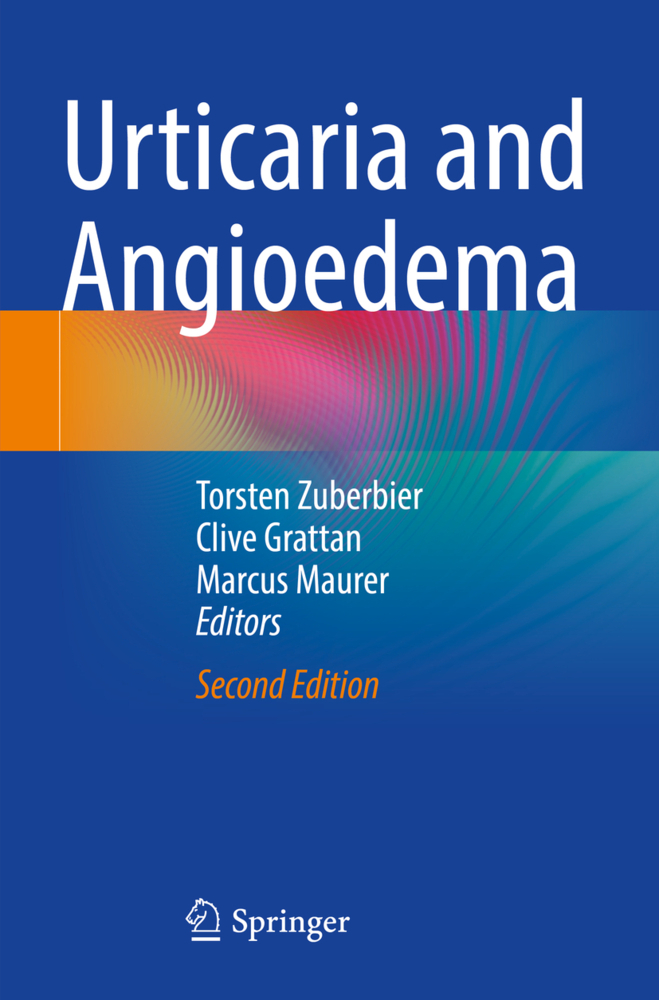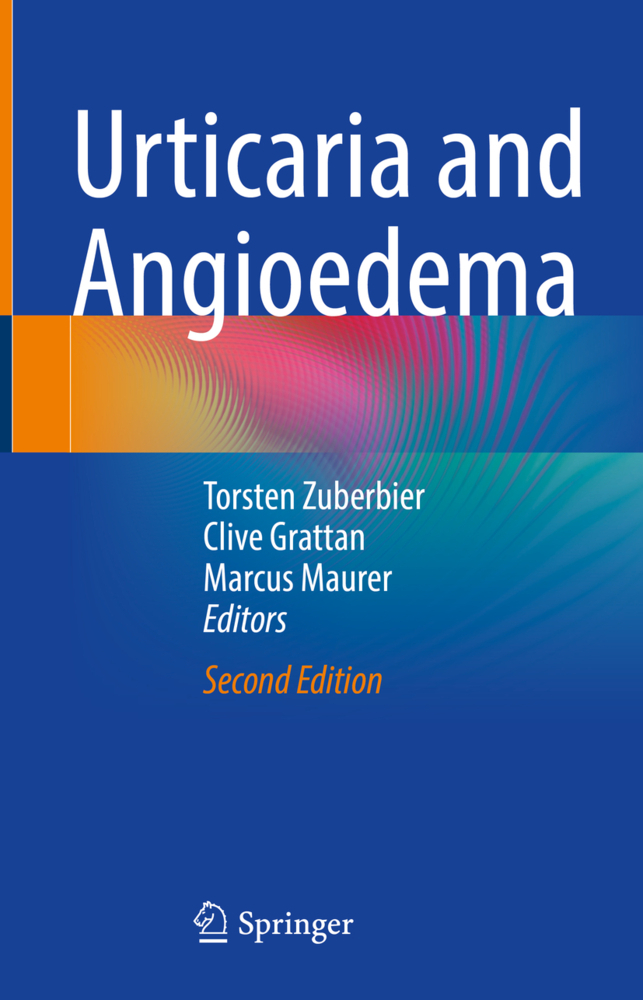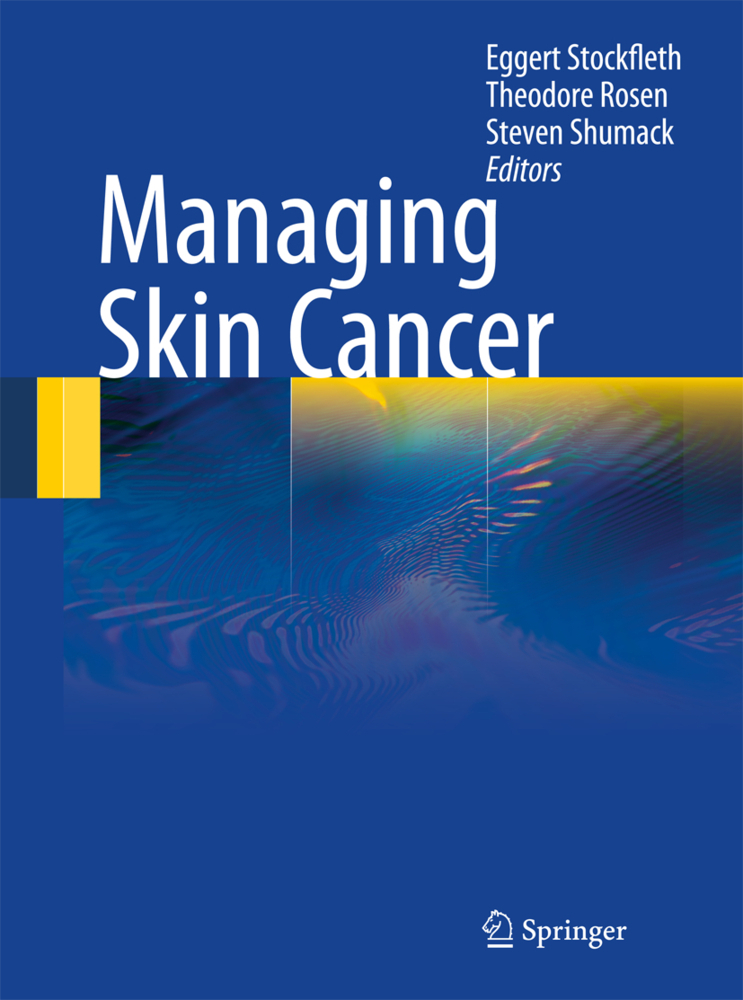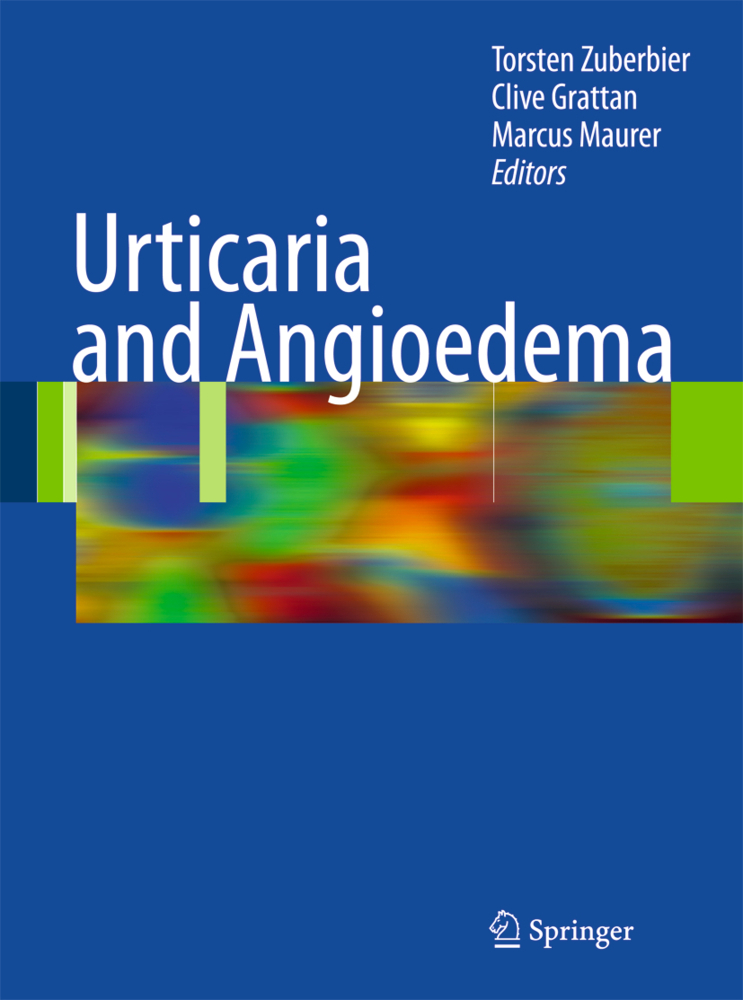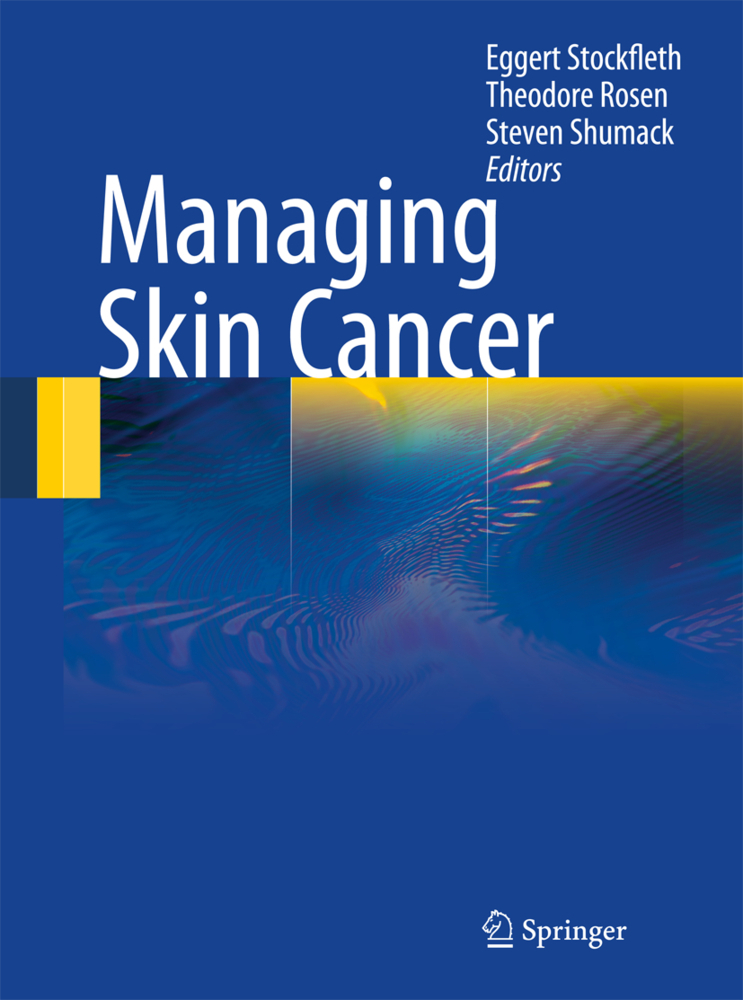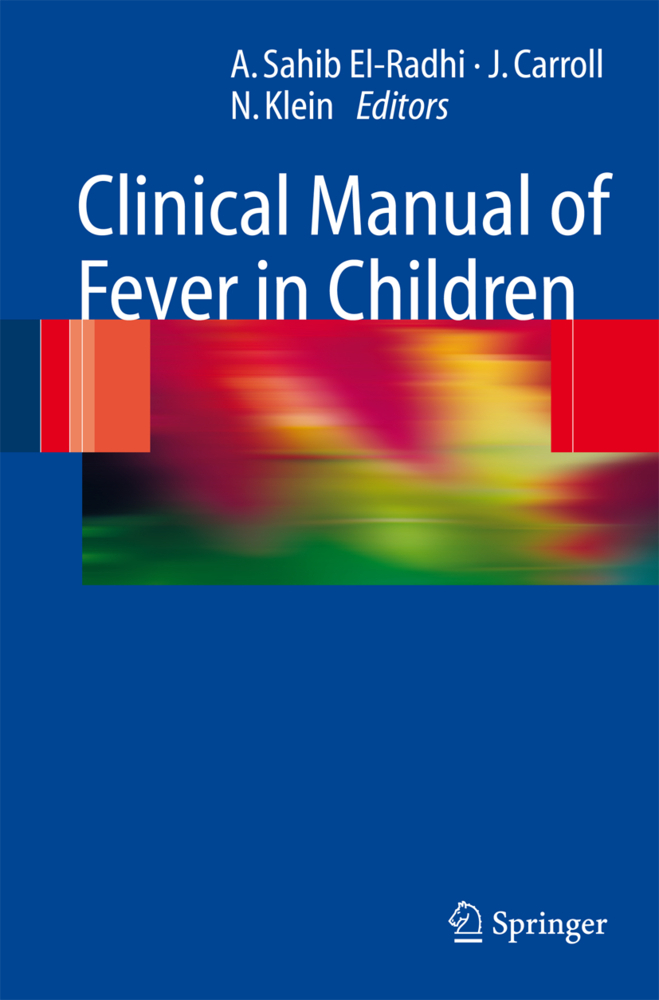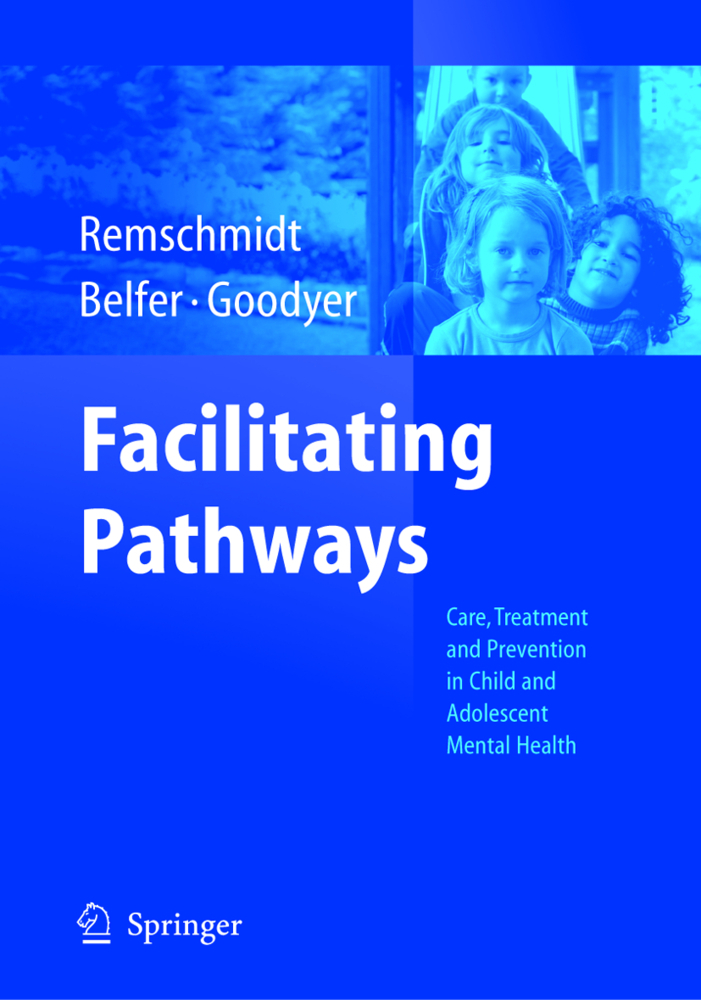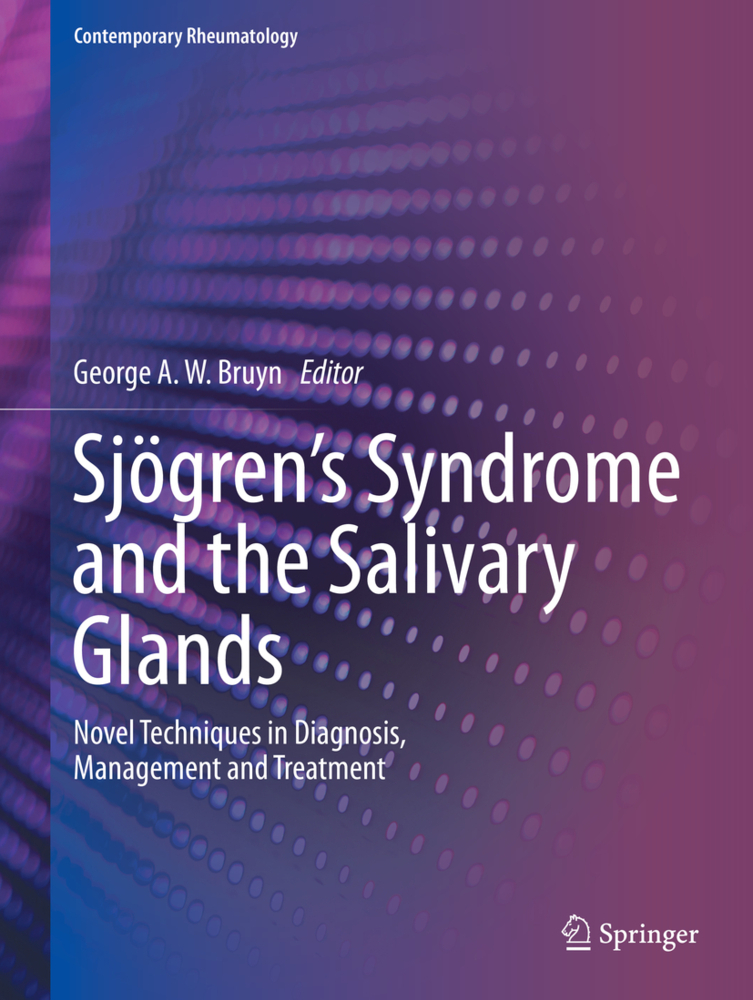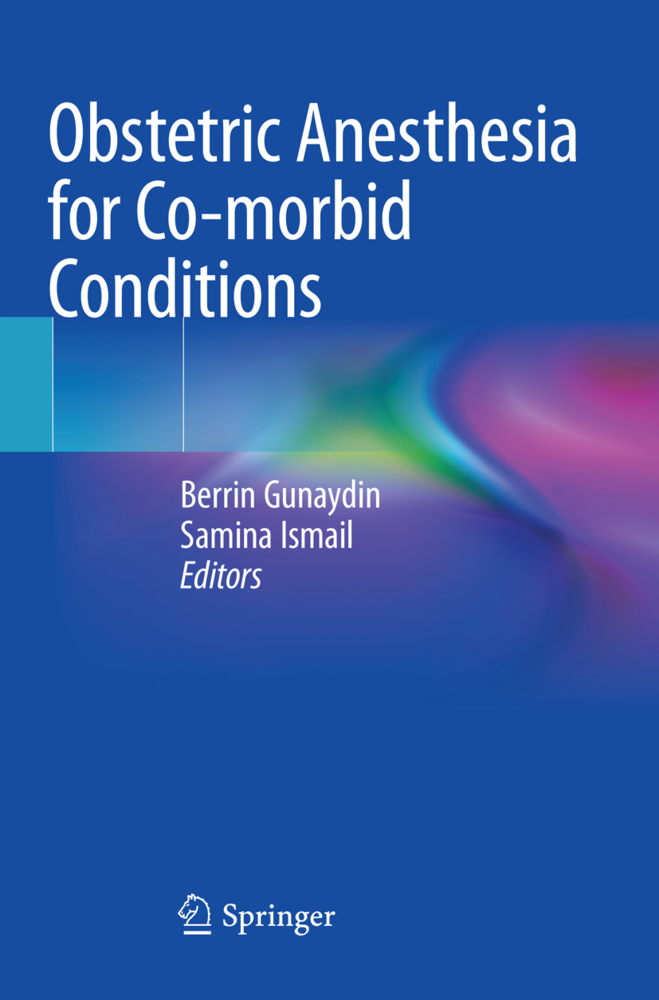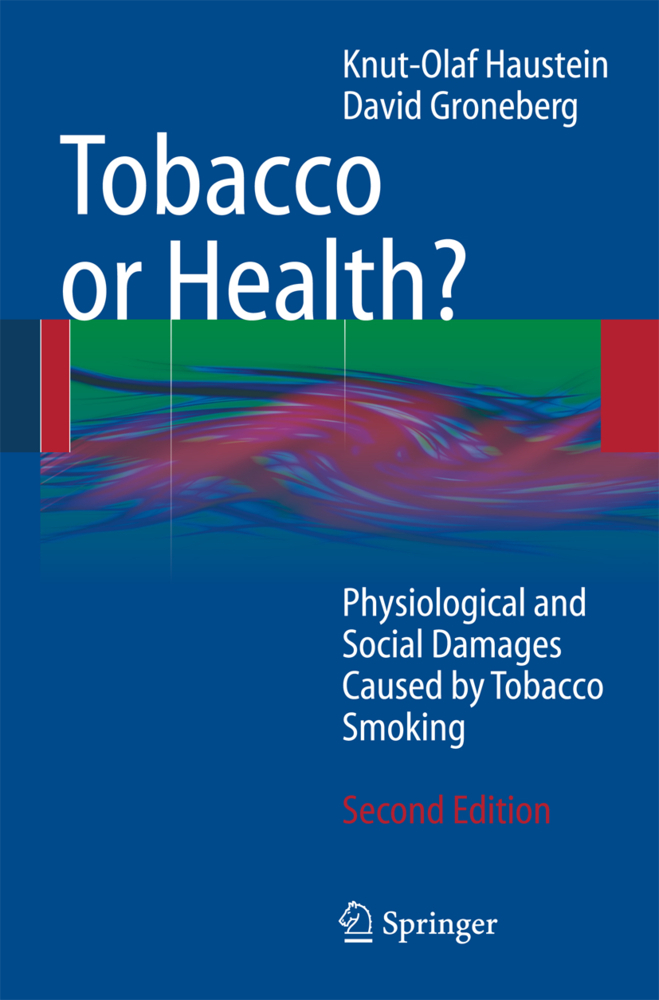Psychological Managements for Psychosomatic Disorders
Psychological Managements for Psychosomatic Disorders
It is a privilege to introduce this unusual book. In a time when most docotrs practise medicine as a technical application of the natural sciences, the authors, both experienced clinicians, combine the use of modem techniques with human understanding and psychological management of their patients in the practice of internal medicine. Many of these patients suffer from "psychosomatic disorders", i. e. diseases in which emotional stresses play a major role in the production of the symptoms and/or signs. But just because such a large proportion of all illnesses seen by physicians fall within this category (whether functional or organic), this book is not only a guide to the theory of psychosomatic medicine; it describes the way in which the authors deal with patients in their daily practice. Based on many years of clinical experience and a critical appraisal of the literature, they have developed and tested an approach to what they describe as "psychological management". This is partly based on psychological and psychiatric principles but differs from specialised "psychotherapy" and can be learned and practised by physicians in combination with their technical medical treatment. Extensive attention is paid to the stresses, ambivalences and incompatibilities which the patients encounter in their communication with the key figures in their family and at work, and to which they have unsuccesfully tried to adapt without having been able to solve the problems actively.
2.1 Somatopsychic Presentations
2.2 Profiles and Associated Hypotheses
2.3 Typicality of Life Events and Situations
2.4 Multicausality
2.5 Syndrome Shift
2.6 Superstability
2.7 Alexithymia
2.8 Hypochondriasis
2.9 Placebo Effect
2.10 Conversion Hysteria Versus Psychosomatic Disorder: Diagnosis
3 Psychosomatic Disorders: Who should Treat Them?
3.1 A Need for Greater Clinical Exposure
3.2 Why Clinicians Gave up Referring Classical Psychosomatoses
3.3 The Team
3.4 Support Groups
3.5 Couple Therapy
3.6 Group Therapy
3.7 Reassurance
4 Psychodynamic Concepts and Mechanisms
4.1 Transference
4.2 Ambivalence
4.3 "Identifying With"
4.4 Defences
4.5 When Illness Is Gainful
4.6 Stages of Personality Development
5 Interviews
5.1 The First Interview
5.2 Subsequent Appointments and Spacing of Interviews
5.3 An Additional Note for General Practice
6 Alimentary Tract
6.1 The Aphthoses
6.2 Sjögren's Syndrome/Sicca Syndrome/Keratoconjunctivitis Sicca
6.3 Nervous Dysphagia/Oesophageal Spasm and Aerophagy
6.4 The Splenic Flexure Syndrome
6.5 Persistent Severe Disabling Aerophagy and/or Dysphagia
6.6 Duodenal Ulcer
6.7 Whipple's Disease (Intestinal Lipodystrophy)
6.8 Coeliac Disease (Idiopathic Steatorrhoea)
6.9 Appendicitis
6.10 Crohn's Disease (Regional Enteritis)
6.11 Ulcerative Colitis
6.12 Irritable Bowel Syndrome
6.13 Proctalgia Fugax
6.14 Chronic Relapsing Amoebic Dysentery
6.15 Chronic Constipation
7 Respiratory Tract
7.1 Hyperventilation Syndrome
7.2 Vasomotor Rhinitis
7.3 Asthma
8 Cardiovascular Disorders
8.1 Essential Hypertension
8.2 Cardiac Arrhythmias
8.3 Ischaemic Heart Disease
8.4 Raynaud's Phenomenon
9 CentralNervous System
9.1 Migraine, Vascular Headache and Premenstrual Tension
9.2 Multiple Sclerosis
9.3 Stroke
9.4 Subarachnoid Haemorrhage
9.5 Idiopathic Parkinsonism
9.6 Guillain-Barré Syndrome
9.7 Myasthenia Gravis
10 Immune System: Disorders of Immunological Competence and Autoimmunity
10.1 Rheumatoid Arthritis and Autoimmune Disease
10.2 Infectious Mononucleosis
10.3 Sarcoidosis
10.4 Cancer and Malignancy: Psychosomatic Aspects
10.5 Guillain-Barré Syndrome
11 Endocrinological Disorders
11.1 General Considerations
11.2 Diabetes Mellitus
11.3 Dwarfism: Emotional Deprivation and Growth Retardation
11.4 Idiopathic Hirsutism
11.5 Hyperprolactinaemia
11.6 Thyroiditis
12 Musculoskeletal System
12.1 The Dropped Shoulder Syndrome - Costoclavicular Compression
12.2 Intervertebral Disc Disorders
13 Urological Disorders
13.1 Case Histories
13.2 Urethral Syndrome, Detrusor Irritability or Pseudocystitis
13.3 Hunner's Ulcer - Interstitial Cystitis
13.4 Factitious Haematuria
14 Disorders of Blood
14.1 Pernicious Anaemia
14.2 Infectious Mononucleosis
14.3 Acquired Haemolytic Anaemia and Essential Thrombocytopenia
14.4 Hypereosinophilic Syndrome
14.5 Psychogenic Purpura: Autoerythrocyte Sensitisation
14.6 Thrombosis
14.7 The Haematological Stress Syndrome
15 Disorders of the Skin
15.1 Psoriasis
15.2 Atopic Dermatitis
15.3 Chronic Urticaria
16 Gynaecology, Obstetrics and Sexual Function
16.1 Menstrual Disorders
16.2 Vaginal Discharge
16.3 Irritable Colon, Colon Spasm, Spastic Colon
16.4 Infertility
16.5 Pregnancy and Labour
16.6 Breast Feeding
16.7 Disorders of Sexual Function
17 Anorexia Nervosa, Bulimia, Induced Vomiting and Purging
17.1 Psychopathogenesis
17.2 PsychologicalManagement
17.3 Behavioural Management
17.4 Outpatient or Inpatient Management or Both
17.5 Family Therapy - The Systems Model
17.6 Prognosis
18 Ear, Nose and Throat and Eye Disorders
19 Psychosomatic Medicine: Past, Present and Future
19.1 Distant Past
19.2 Past
19.3 Recent Past and Present
19.4 The Future
19.5 Summary.
1 Introduction
2 Definitions and Terms2.1 Somatopsychic Presentations
2.2 Profiles and Associated Hypotheses
2.3 Typicality of Life Events and Situations
2.4 Multicausality
2.5 Syndrome Shift
2.6 Superstability
2.7 Alexithymia
2.8 Hypochondriasis
2.9 Placebo Effect
2.10 Conversion Hysteria Versus Psychosomatic Disorder: Diagnosis
3 Psychosomatic Disorders: Who should Treat Them?
3.1 A Need for Greater Clinical Exposure
3.2 Why Clinicians Gave up Referring Classical Psychosomatoses
3.3 The Team
3.4 Support Groups
3.5 Couple Therapy
3.6 Group Therapy
3.7 Reassurance
4 Psychodynamic Concepts and Mechanisms
4.1 Transference
4.2 Ambivalence
4.3 "Identifying With"
4.4 Defences
4.5 When Illness Is Gainful
4.6 Stages of Personality Development
5 Interviews
5.1 The First Interview
5.2 Subsequent Appointments and Spacing of Interviews
5.3 An Additional Note for General Practice
6 Alimentary Tract
6.1 The Aphthoses
6.2 Sjögren's Syndrome/Sicca Syndrome/Keratoconjunctivitis Sicca
6.3 Nervous Dysphagia/Oesophageal Spasm and Aerophagy
6.4 The Splenic Flexure Syndrome
6.5 Persistent Severe Disabling Aerophagy and/or Dysphagia
6.6 Duodenal Ulcer
6.7 Whipple's Disease (Intestinal Lipodystrophy)
6.8 Coeliac Disease (Idiopathic Steatorrhoea)
6.9 Appendicitis
6.10 Crohn's Disease (Regional Enteritis)
6.11 Ulcerative Colitis
6.12 Irritable Bowel Syndrome
6.13 Proctalgia Fugax
6.14 Chronic Relapsing Amoebic Dysentery
6.15 Chronic Constipation
7 Respiratory Tract
7.1 Hyperventilation Syndrome
7.2 Vasomotor Rhinitis
7.3 Asthma
8 Cardiovascular Disorders
8.1 Essential Hypertension
8.2 Cardiac Arrhythmias
8.3 Ischaemic Heart Disease
8.4 Raynaud's Phenomenon
9 CentralNervous System
9.1 Migraine, Vascular Headache and Premenstrual Tension
9.2 Multiple Sclerosis
9.3 Stroke
9.4 Subarachnoid Haemorrhage
9.5 Idiopathic Parkinsonism
9.6 Guillain-Barré Syndrome
9.7 Myasthenia Gravis
10 Immune System: Disorders of Immunological Competence and Autoimmunity
10.1 Rheumatoid Arthritis and Autoimmune Disease
10.2 Infectious Mononucleosis
10.3 Sarcoidosis
10.4 Cancer and Malignancy: Psychosomatic Aspects
10.5 Guillain-Barré Syndrome
11 Endocrinological Disorders
11.1 General Considerations
11.2 Diabetes Mellitus
11.3 Dwarfism: Emotional Deprivation and Growth Retardation
11.4 Idiopathic Hirsutism
11.5 Hyperprolactinaemia
11.6 Thyroiditis
12 Musculoskeletal System
12.1 The Dropped Shoulder Syndrome - Costoclavicular Compression
12.2 Intervertebral Disc Disorders
13 Urological Disorders
13.1 Case Histories
13.2 Urethral Syndrome, Detrusor Irritability or Pseudocystitis
13.3 Hunner's Ulcer - Interstitial Cystitis
13.4 Factitious Haematuria
14 Disorders of Blood
14.1 Pernicious Anaemia
14.2 Infectious Mononucleosis
14.3 Acquired Haemolytic Anaemia and Essential Thrombocytopenia
14.4 Hypereosinophilic Syndrome
14.5 Psychogenic Purpura: Autoerythrocyte Sensitisation
14.6 Thrombosis
14.7 The Haematological Stress Syndrome
15 Disorders of the Skin
15.1 Psoriasis
15.2 Atopic Dermatitis
15.3 Chronic Urticaria
16 Gynaecology, Obstetrics and Sexual Function
16.1 Menstrual Disorders
16.2 Vaginal Discharge
16.3 Irritable Colon, Colon Spasm, Spastic Colon
16.4 Infertility
16.5 Pregnancy and Labour
16.6 Breast Feeding
16.7 Disorders of Sexual Function
17 Anorexia Nervosa, Bulimia, Induced Vomiting and Purging
17.1 Psychopathogenesis
17.2 PsychologicalManagement
17.3 Behavioural Management
17.4 Outpatient or Inpatient Management or Both
17.5 Family Therapy - The Systems Model
17.6 Prognosis
18 Ear, Nose and Throat and Eye Disorders
19 Psychosomatic Medicine: Past, Present and Future
19.1 Distant Past
19.2 Past
19.3 Recent Past and Present
19.4 The Future
19.5 Summary.
Paulley, J. W.
Pelser, H. E.
Groen, J.J.
Coles, R.B.
Draper, K. C.
Gieler, U.
Ripman, H. A.
Seville, R. H.
Stangier, U.
| ISBN | 978-3-540-19298-5 |
|---|---|
| Medientyp | Buch |
| Copyrightjahr | 1989 |
| Verlag | Springer, Berlin |
| Umfang | XVI, 335 Seiten |
| Sprache | Englisch |

